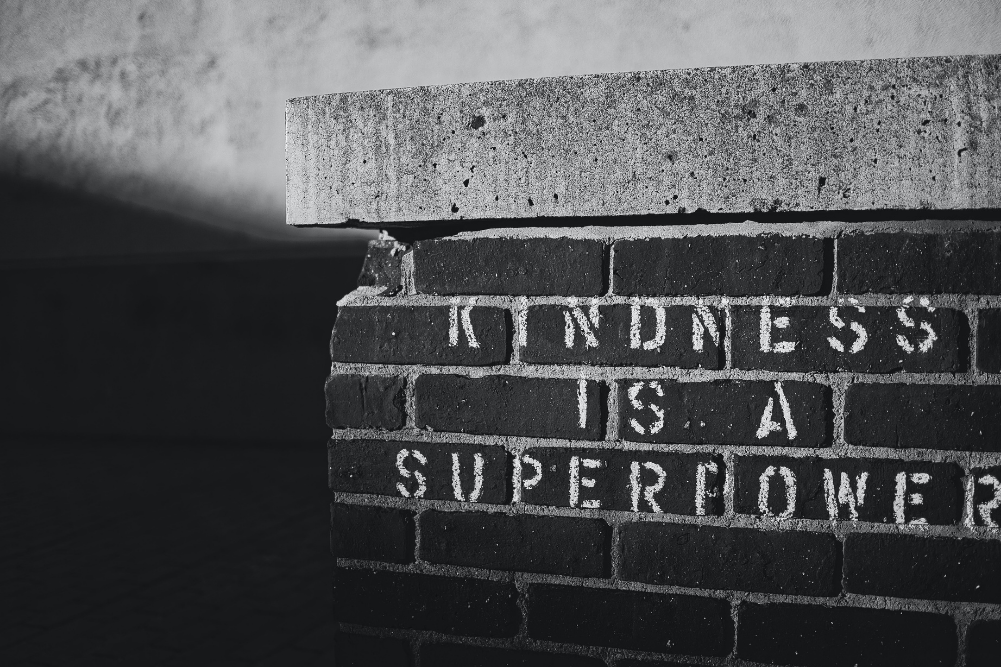Conspiracy theories used to be seen as the outlandish stories of tinfoil hat-wearing eccentrics, but today’s iterations are far from believing in a flat earth or a hoax moon landing. Powered by social media and a White House that pedals “alternative facts,” conspiracy theories are spreading faster and further than ever before, eroding society’s trust in facts and undermining health officials at a time when only science can protect society from a tragic pandemic and the looming threat of climate change.
The coronavirus has given rise to an already-growing culture of suspicion, fuelling disinformation and propaganda and providing fertile ground for extreme groups to recruit new members.
Claims range from the virus is a foreign bioweapon to plots of billionaires wanting to profit from vaccines and control society using microchips. There are those who think 5G mobile network towers are to blame for the pandemic, that the virus was released to control population numbers, or that it doesn’t exist at all. Each theory replaces a faceless, senseless tragedy with a more meaningful narrative arc full of real-life bogeymen and villains.
After months of lockdown and death, and a future that holds incredible financial uncertainty, these theories offer a cathartic scapegoat, a target at which people can point the finger. Acting on them provides a sense of agency in an otherwise powerless position.
Insider Info
Rising from the wellspring of fear and helplessness, conspiracy theories are a scavenger hunt for power and control in a crisis-ridden world. They share a common message: we are “in” on something “They” don’t want us to hear. YouTube videos such as the viral Plandemic and those authored by the lizard illuminati-believing David Icke, often repeatedly taken down, are accompanied by reams of comments and shares that read, more or less: “They don’t want us to know this!” Indeed, censorship efforts by YouTube and Facebook seem to increase the appeal of bogus messages rather than mark them as misinformation, reinforcing the belief that the “truth” is often supressed.
The idea that one can access censored or secret material casts conspiracists in a position of superiority, thereby asserting the control and security the human brain craves. Marketers have long attempted to harness the allure of exclusivity, and conspiracies do exactly that, offering a secret club that fosters a sense of advantage and security. Those who follow the mainstream media are “sheeples” or “uninformed,” to be pitied or saved by the “free thinkers.” This position of intellectual superiority acts as a safeguard to a murky world of unknowns that threatens to overwhelm us.
Fear of the unknown
The human brain cannot abide the unknown, it holds no agency or power there. When the truth doesn’t provide, we have an astounding capacity to create stories that do. “The mind naturally looks for explanations,” says Roy Baumeister, a social psychologist who specialises in the self, social rejection and belongingness in the US. “When something remarkable – especially something tragic – happens, people can’t believe it happened by itself, so when you’re not satisfied with the official explanation, it becomes possible that nasty people are conspiring against you, that others are benefitting at your expense.”
Faced with a lack of control in their own lives, people gravitate towards theories where they can employ control and order. “Having an explanation is comforting, even if you can’t do anything about it,” says Baumeister. Gaps of information in mainstream discourse allow these theories to flourish; while scientists agree the virus originally emerged from nature, the uncertainty around how people were first infected by COVID-19 has left a space for conspiracies to grow. Add to the recipe stay-at-home orders and an increased reliance on the internet, and it’s hardly surprising a grazing board of conspiracies have emerged.
More than simply weaving order from chaos, conspiracy theories hand believers an identity and foster a sense of belonging by bringing together groups of people who might otherwise have been outcast by society. “The need to belong is one of the strongest motivators, there’s no question of that,” says Roy.
Few things secure the bonds of “us” like rallying against a common enemy, and the most widely shared theories seem to be the ones that allow groups to insert their chosen Mr Evil. The theory the virus is manmade, for example, has been picked up by anti-vaxxers who believe Bill Gates is trying to profit from a vaccine, by China who allowed a theory that the US Army planted the virus to spread on their tightly-controlled social media platforms, and by the White House, who’s conspiracist-in-chief is keen to shift the blame for the US’ rocketing death rate to the Chinese.
Post-truth power and the demise of democracy
Today’s conspiracy theories have morphed into political weapons, promoted by governments attempting to hide their failures and shunt the blame. As Trump and his “Alternative Facts” posse has shown by publicly embracing theories already discredited by the US intelligence agencies, governments find opportunity in confusion. Conspiracies are a close relative of fake news and it’s hardly revolutionary to suggest falsehoods are harnessed for political gain.
While the individual stories themselves contain little threat, there is a wider sense that official data can’t be trusted and people must search for the truth on their own. A growing suspicion in science and government has powered up an army of armchair epidemiologists who win viral status with their shock-factor claims. Their theories are often presented as neatly-packaged stories full of villains, sham treatments for sale (often to the sum of hundreds or thousands of dollars), easy cures and answers that relieve people of responsibilities such as abiding by social distancing laws.
At their most dangerous, conspiracy theories threaten to dismantle democracy by flouting its bedrock: a shared commitment to truth. Afterall, if we cannot agree on the basic principles of fact, how can we operate in the realms of law, science and education? Varying opinions on the truth makes us, if not merely human, then strong in our diverse ideologies, but a tenuous relationship to that very truth sets us up for vulnerability. However illusory the feelings of control and superiority garnered from conspiracies may be, the damage to the public’s trust in facts is very real.
Confirmation bias
A troubling feature of conspiracy theories is that many of the issues are questions of fact. The theory that 5G towers are responsible for spreading the virus defies empirical evidence, which ought to wipe out the belief. But it doesn’t. People do not necessarily revise their beliefs in light of new information. Psychologists explain this in terms of confirmation bias: the tendency to be drawn to information that confirms our beliefs.
It is not simply about being “right”, however, the human brain is wired to find patterns for our survival, so when an idea plays into a larger narrative we already hold, it makes for an irresistibly satisfying “ah ha!” moment.
“People like to believe everything happens for a reason, which is just not true, but it’s an appealing way of looking at the world,” says Roy. “When something bad happens to you, there is a tendency to think that there must be a cause, or big conspiracy, commensurate to your suffering. Finding meaning at the magnitude of our suffering helps us to make sense of what has happened.”
This desire – to weight the cause with the outcome – is perhaps part of our programming to look for satisfactory patterns. Our instinct fails us, however, by favouring information that supports the pattern, while easily disregarding information on the contrary. And in the age of the internet, correlation between almost anything can be found. “The internet really facilitates special interest groups,” says Roy who cites the decline of neutral city newspapers as part of the problem. “Without objective journalism, people have more room to make stuff up. If you don’t follow the mainstream media, then you don’t get that dose of reality in conjunction with the more extreme ideas.”
The explosion of information online means no matter the conspiracy, there will be piles of so-called proof to validate it, allowing believers to form communities and echo chambers around even the most bizarre theories.
With this mass of information at our fingertips, hunting for patterns is ever-available, going some way to explain why conspiracy theories have spread from tinfoil crazies into the mainstream; even the most rational amongst us can be swayed by our biases. It also helps to explain why it’s so difficult to persuade people from their beliefs; stubbornness and cherry picking of information are not simply an emotional tendency, but a prerequisite for survival. While we like to believe we objectively analyse information, the reality is our brains house all kinds of biases.
Anxieties in the 21st century
Conspiracists may be misdirected, but their fears undoubtedly point to wider 21st century anxieties: corruption, illness and climate catastrophe. It’s certainly not crazy to suggest only a few hold all the power, or that politicians and corporations lie, eroding the health of the planet and that of its citizens.
Our current realities are often no darker or stranger than the twisted theories spreading on the internet. Toxic air quality at the hands of coal-fired power stations, poisoned rivers, pollutant fracking wells, low birth weights due to high levels of sulphur dioxide and the destruction of indigenous heritage sites – these are not wild conspiracies, but the very real stories we live with in Australia.
Whether the virus is manmade or not, humanity has created the conditions for its rapid spread. Are cuts to health services worldwide and incompetent governments across the globe really so different to a theory that the virus is a manmade bioweapon? Perhaps we can all agree that the health of our bodies and the planet are under attack.




